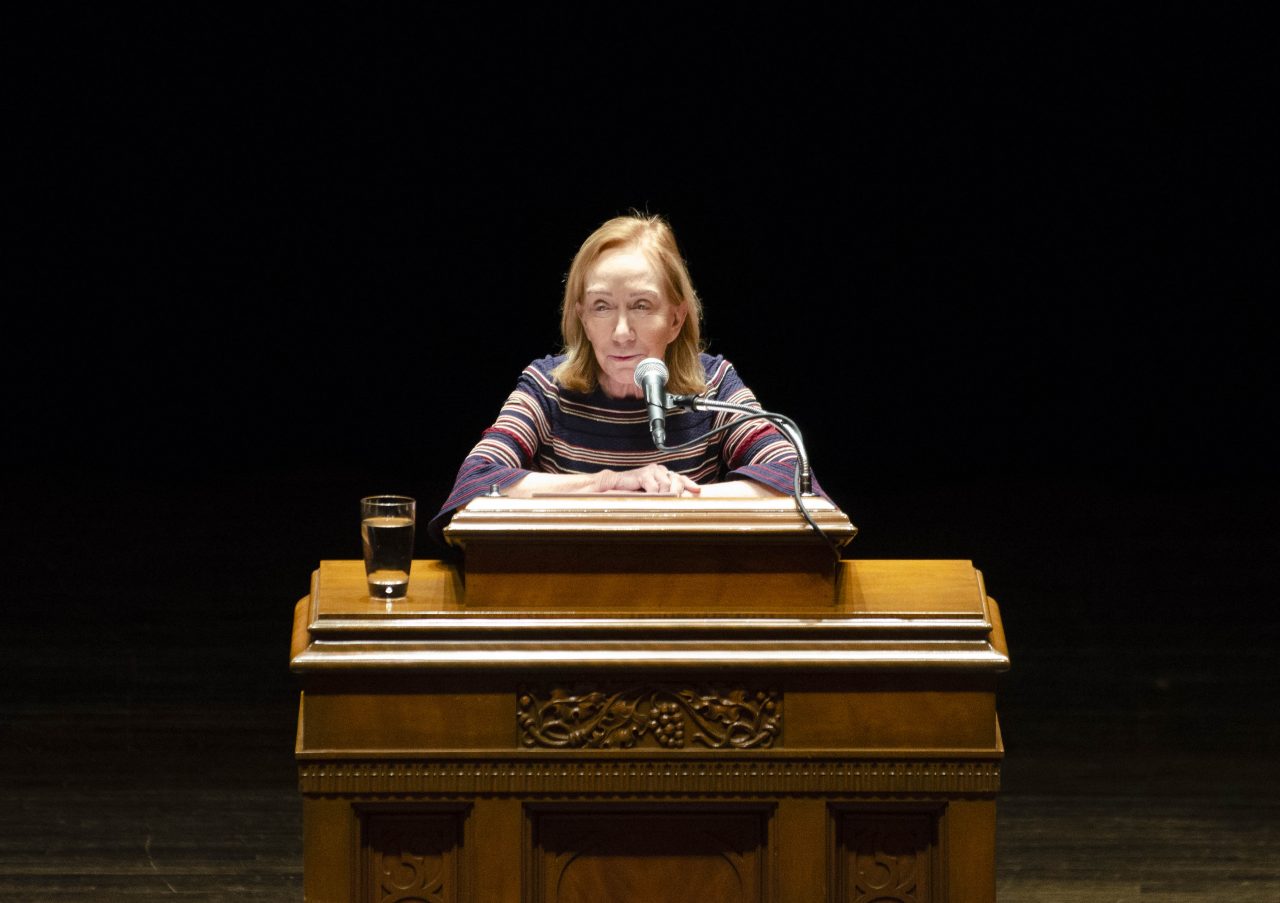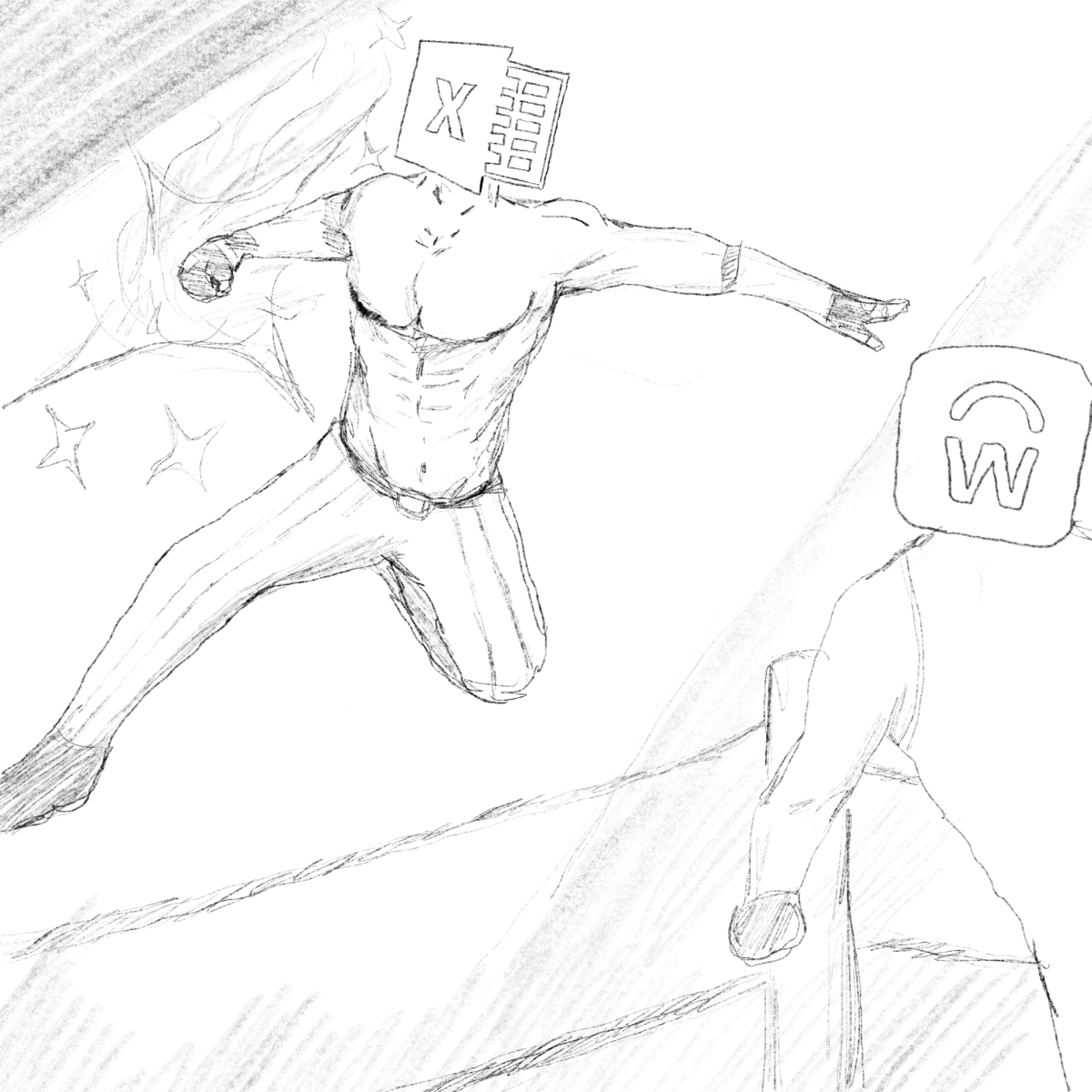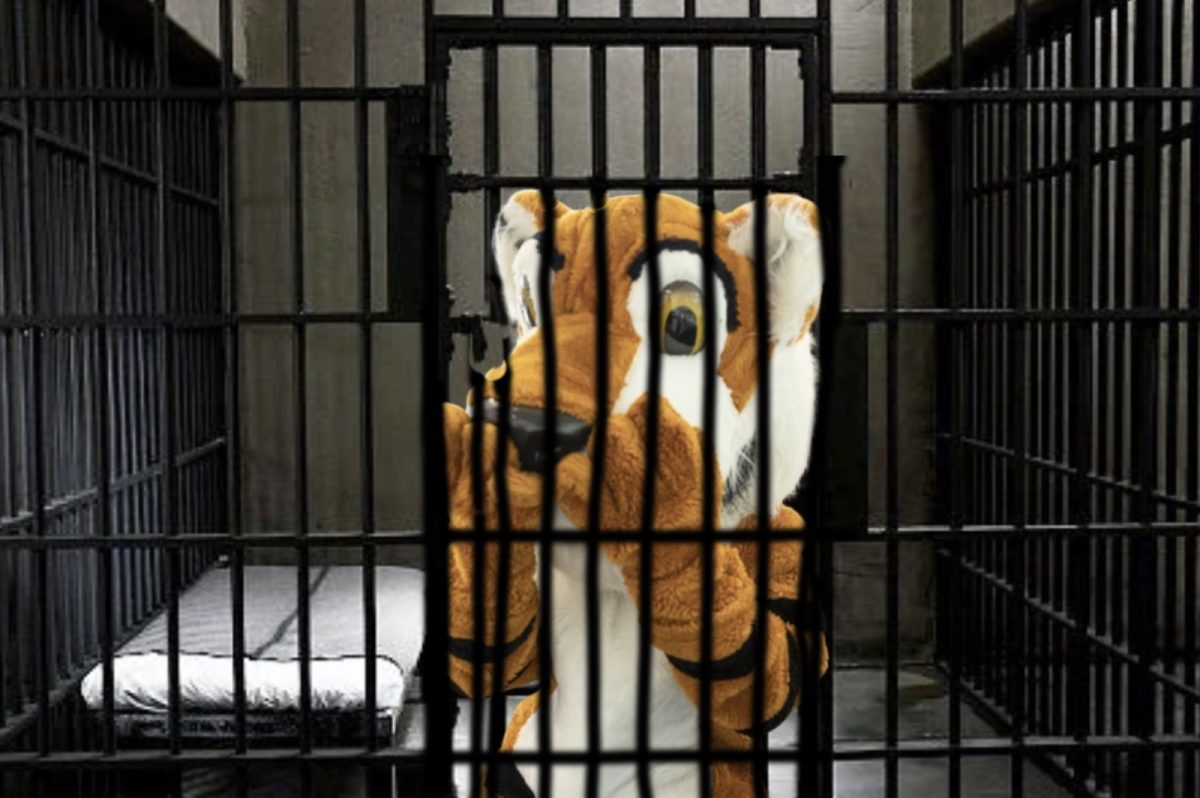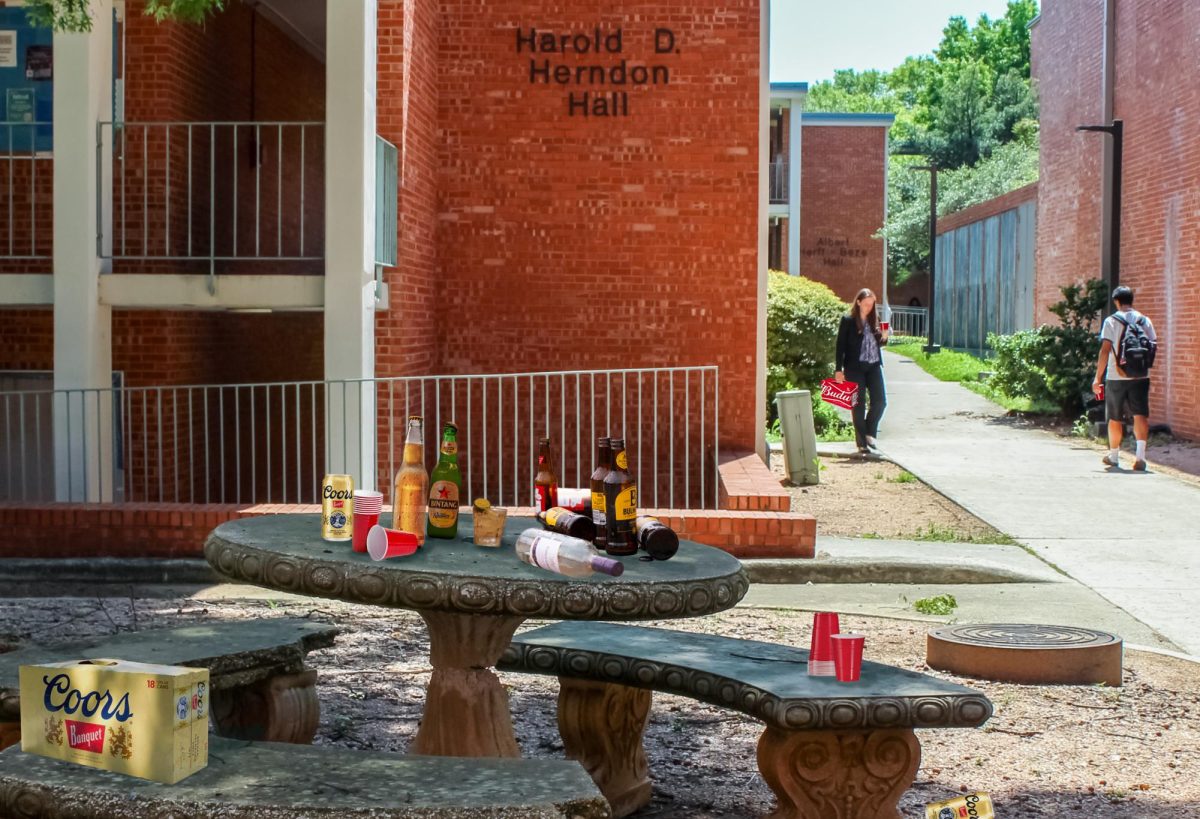Photo by Matthew Claybrook
The Office of the President hosted the Flora Cameron Lecture on Politics and Public Affairs, made possible with Flora Cameron Crichton’s endowment and her direct request that presidential historian and Pulitzer Prize-winning author Doris Kearns Goodwin be brought in as the lecturer, presenting on “Leadership in Turbulent Times.” The lecture was held on March 27 in Laurie Auditorium with about 500 attendees.
Danny Anderson, university president, introduced Goodwin by recounting her accomplishments and career path.
“I am very proud to welcome Doris Kearns Goodwin. [Goodwin’s] career as a presidential historian was inspired when, as a 24 year old graduate student of Harvard, she was selected to join the White House Fellows,” Anderson said. “[She] worked in the White House with President Lyndon Johnson and later assisted him in the writing of his memoirs.”
Along with working and writing with Johnson, Goodwin has focused most of her other research and writing into three other presidents, Abraham Lincoln, Theodore Roosevelt and Franklin D. Roosevelt. Throughout her lecture Goodwin discussed the key aspects of leadership that those presidents exhibited.
“What a time it is to be talking about leadership in turbulent times. I chose the title of my new book five years ago to describe the turbulent times encountered by each of my four subjects. Little could I have imagined how relevant that title would be today,” Goodwin said.
Through her research she found humility, timing, hardwork, resilience and language use within these presidents’ leadership and how differently it manifested in each person.
“[Johnson] shared his fears, his sorrows and particularly his worries about how history would remember him. I’d like to believe that privilege fired within me the drive to understand the inner person behind the public figure, to look empathetically at each of my subjects,” Goodwin said.
Her continuous comparison and stories of these four presidents showcase the leadership that Goodwin sees growing in this social and political environment.
“What has worried me in these past years is the fear that our best people are not entering public life, and yet democracies depend upon the quality of public servants, and indeed, as the stories of these four leaders show, an honorable career in public service can be one of the most fulfilling careers of all. What I found most encouraging about the midterms was the burst of citizen activism, the number of women running for office, the long lines waiting to vote and the enthusiasm of the young,” Goodwin said.
The night ended with a question and answer section, featuring questions about her past and future projects from students and audience members from the surrounding community. First-year Gabriel Odom had the last question of the night.
“History fades. So I think it’s important to talk and to hear perspectives from people who have actually interacted with the presidents and things like that. Those sort of perspectives are important to me,” Odom said.
His question, concerning how we remember historical figures, lead Goodwin to explain the importance of recognizing all aspects of leaders as well as understanding the power that citizens have in directing history.
“I think it’s important for us as a people to remember the good things they did as well as the flaws they had. To take a sense of solace, comfort and reassurance from history, that when the people are demanding the right leader and when the citizens are active and the leader is there, that this country is an incredible country. It’s still the place that nobody else would rather be than be here,” Goodwin said.
At a press conference prior to her lecture, Goodwin answered similarly to a question concerning Trinity’s own uncovering of racist photographs in old Mirage yearbooks.
“I think it’s really important to understand the context in which acts in the past were done. We can learn from knowing why people felt that something was okay,” Goodwin said. “It’s not a question of erasing it, it’s a matter more of understanding it and putting a context on it. Luckily the arch of social justice has moved in a positive direction, but you can’t just forget that it happened.”








